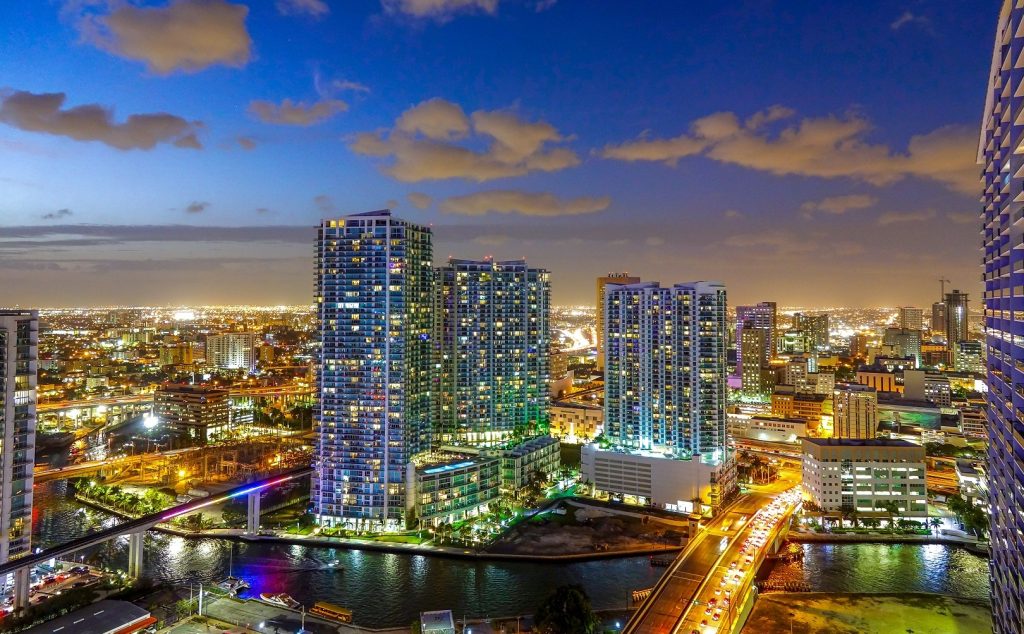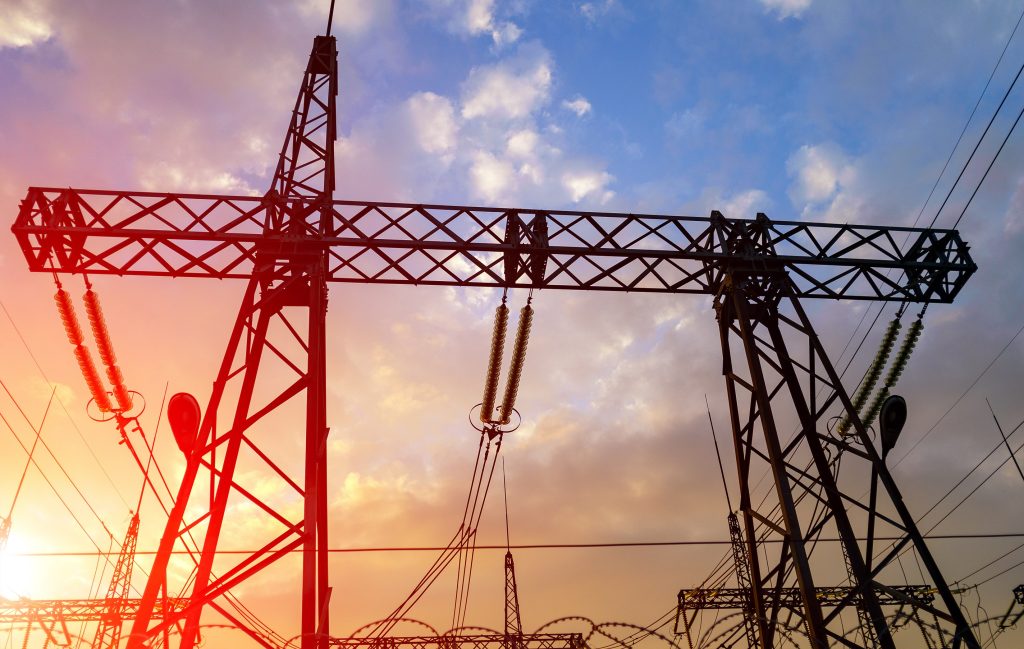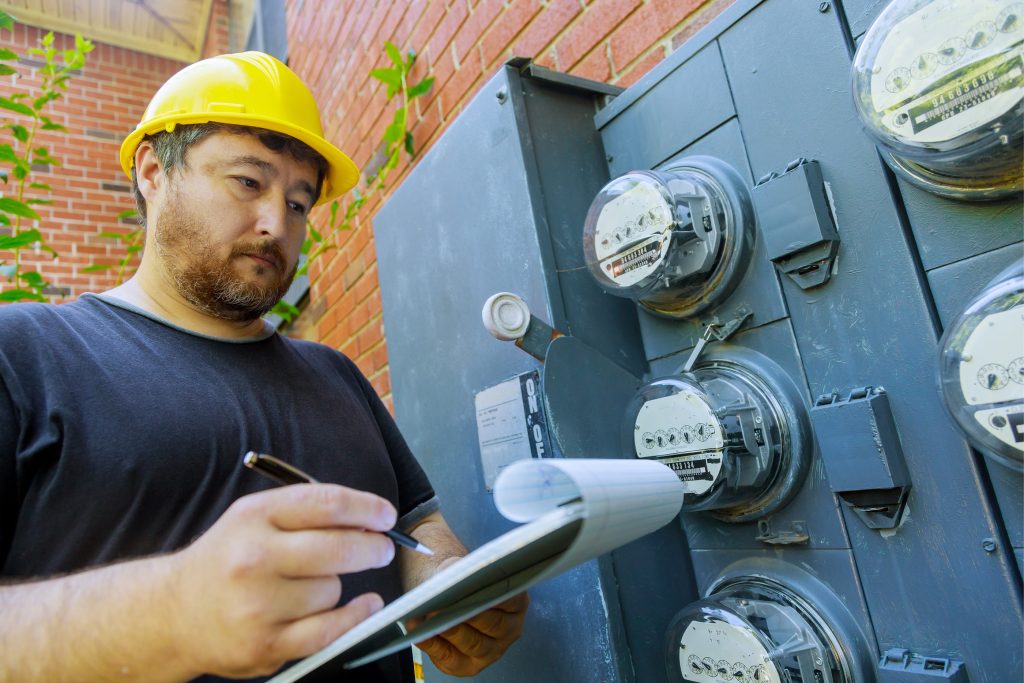
Are you tired of dealing with unreliable energy sources for your electric co-op, campus, or community? If so, it’s time to take a closer look at MSBG (Meternet Secure Blockchain Grid) and their innovative Decentralized Energy Grid Bundles. As a leader in the microgrid revolution, MSBG is dedicated to providing sustainable and reliable energy solutions to meet the needs of electric co-ops, campuses, and communities. In this article, we will delve into the world of MSBG and explore the benefits of their Decentralized Energy Grid Bundles, as well as why they are becoming an increasingly popular choice for those seeking reliable energy solutions. From managing generation and metering to tracking, billing, and settlements, MSBG has got you covered. Get ready to learn about the future of energy and why MSBG is at the forefront of it all!
Table of Contents
What Does MSBG Do?

MSBG specializes in providing decentralized energy grid bundles that manage generation, metering, tracking, billing, and settlements for electric co-ops, campuses, and communities. For electric co-ops, they provide a secure and reliable source of energy that is not dependent on the traditional centralized grid. This eliminates the need for expensive and complex interconnections to the centralized grid and provides the co-op with greater control over their energy supply.
Campuses, such as universities and colleges, can also benefit from this. With the growing demand for sustainable and reliable energy solutions, MSBG provides an opportunity for campuses to reduce their carbon footprint and improve their energy security. In communities, MSBG’s decentralized energy grid bundles can help to address the challenges of energy poverty. By providing a secure and reliable source of energy, MSBG bundles can help communities to improve their quality of life and support economic development.
In all of these scenarios, MSBG’s decentralized energy grid bundles are designed to be scalable, flexible, and adaptable to meet the specific needs of each customer. It offers a complete solution for managing energy generation, metering, tracking, billing, and settlements. By doing so, MSBG helps its customers to focus on other important aspects of their operations and provides them with a secure and reliable source of energy.
Benefits Of Decentralized Energy Grids

1. Increased Energy Efficiency
One of the key benefits of decentralized energy grids is the increased energy efficiency they offer. Decentralized energy grids reduce transmission losses by distributing energy generation and usage across multiple sources. This results in less energy being lost during transmission and distribution, leading to increased energy efficiency. Additionally, decentralized energy grids allow for the use of smaller and more efficient energy sources, such as renewable energy sources like solar and wind power, which can further increase energy efficiency and lower the carbon footprint.
2. Increased Reliability
Decentralized energy grids provide increased reliability compared to centralized power grids. With multiple small-scale energy sources instead of a single large source, the risk of power outages is reduced. In the event of a malfunction or failure of one source, the others can pick up the slack, ensuring a continuous supply of energy. This increased reliability is particularly important for communities and businesses that depend on a consistent and reliable energy supply.
3. Improved Energy Access
Decentralized energy grids can also provide energy access to remote or rural communities that may be difficult to reach with centralized power. By distributing energy generation and usage across multiple sources, decentralized energy grids can provide energy access to communities that would otherwise have limited or no access to electricity. This improved energy access can help to improve the quality of life and support economic development in these communities.
4. Increased Energy Security
Decentralized energy grids can also provide increased energy security by reducing the risk of blackouts and other disruptions caused by large centralized power grids. In the event of a natural disaster, cyber-attack, or other disruptions to the centralized grid, decentralized energy grids can provide a backup energy source, ensuring that essential services, such as hospitals and emergency services, remain operational.
5. Increased Economic Development
Decentralized energy grids can also help to create new jobs and stimulate local economic development. By supporting the growth of local renewable energy projects and the development of local energy infrastructure, it can provide new economic opportunities for communities. Additionally, it can help businesses to save money and invest in growth and development.
6. Increased Sustainability
Finally, decentralized energy grids can facilitate the use of renewable energy sources and reduce dependence on fossil fuels. By supporting the development of local renewable energy projects, decentralized energy grids can help to reduce the carbon footprint and promote sustainability. Additionally, by providing energy access to communities that would otherwise have limited or no access to electricity, decentralized energy grids can help to improve the quality of life and support sustainable economic development.

Overall, MSBG’s decentralized energy grids provide sustainable, reliable energy solutions with advanced technologies such as renewable energy sources, energy storage, and intelligent energy management systems. This results in clean, affordable, and secure energy access, reducing greenhouse gas emissions and the risk of power outages and energy price spikes.
